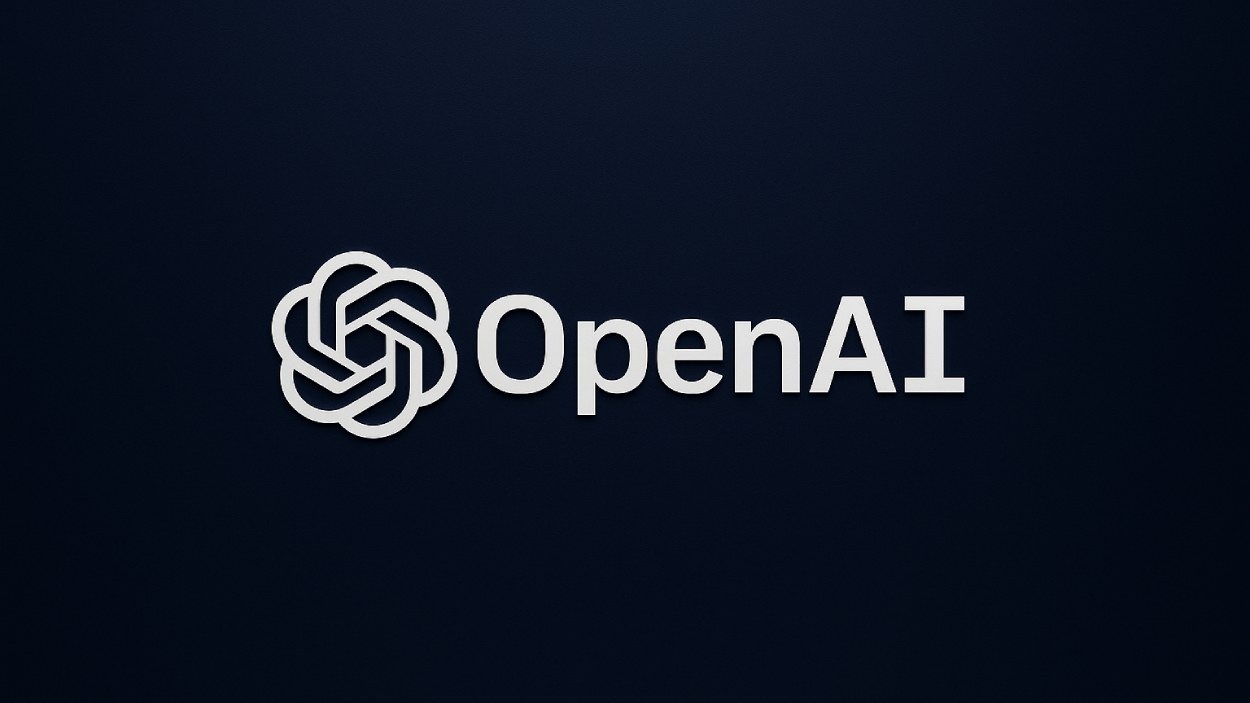OpenAI has announced a new AI-powered jobs platform aimed at reshaping hiring and upskilling, putting it in direct competition with LinkedIn.
Quick Summary – TLDR:
- OpenAI Jobs Platform set to launch by mid-2026, using AI to connect employers and workers.
- OpenAI Academy expanding with AI certifications, targeting 10 million Americans by 2030.
- Partnership with Walmart and other major employers to deliver AI training.
- Move pits OpenAI against LinkedIn, owned by its largest investor Microsoft.
What Happened?
OpenAI revealed plans for a new AI-powered hiring service called the OpenAI Jobs Platform, expected to go live by mid-2026. The platform will use AI to match employers with skilled workers, while also offering dedicated support for small businesses and local governments. Alongside this, the company is launching OpenAI Certifications through its OpenAI Academy to help workers prove their AI fluency.
OpenAI Moves Into the Hiring Market
The announcement was made by Fidji Simo, CEO of Applications at OpenAI, who said the company wants to “use AI to help find the perfect matches between what companies need and what workers can offer.” The Jobs Platform will include tracks for both major corporations and local employers, enabling a wide range of businesses to connect with AI-savvy candidates.
We know that AI will create lots of new jobs, yet also create disruption. We’re announcing the OpenAI Jobs Platform to connect AI-ready workers with companies who need AI skills, and OpenAI-Certified for workers to learn and demonstrate their AI skills.https://t.co/8afA8OilSP
— Fidji Simo (@fidjissimo) September 4, 2025
This marks a significant shift for OpenAI, which until now has been best known for ChatGPT. CEO Sam Altman confirmed that Simo is leading efforts to expand into new areas, including the Jobs Platform and potentially other products like a browser and social media app.
Certifications to Boost AI Skills
A key component of the initiative is the OpenAI Academy, which launched last year to provide free learning resources. The Academy has already reached more than 2 million people and will soon offer official certifications in AI fluency. These will range from basic AI skills to advanced roles like prompt engineering.
OpenAI has committed to certifying 10 million Americans by 2030, with Walmart as a launch partner.
Walmart U.S. CEO John Furner praised the initiative, stating: “By bringing AI training directly to our associates, we’re putting the most powerful technology of our time in their hands – giving them the skills to rewrite the playbook and shape the future of retail.”
Competing Directly with LinkedIn
The Jobs Platform puts OpenAI on a collision course with LinkedIn, a company co-founded by Reid Hoffman, one of OpenAI’s earliest investors. LinkedIn, which is owned by Microsoft, OpenAI’s biggest financial backer, has also been adding new AI features to its own platform.
Industry observers note the tension in OpenAI competing in a market where Microsoft already dominates. However, OpenAI is betting that its expertise in AI can provide a more efficient and intelligent way to connect talent with opportunities.
Balancing Opportunity and Disruption
OpenAI acknowledges that AI will be disruptive. Some experts, such as Anthropic CEO Dario Amodei, have warned that AI could eliminate up to 50 percent of entry-level white-collar jobs by 2030. In her blog post, Simo admitted OpenAI cannot prevent disruption but emphasized that it can help workers adapt by giving them the skills needed to thrive in an AI-driven economy.
The company is also collaborating with a wide network of organizations, from Walmart and John Deere to Boston Consulting Group and Accenture, as well as state governments and community groups, to make sure its initiatives meet the needs of both employers and workers.
SQ Magazine Takeaway
I think this is one of OpenAI’s boldest moves yet. By stepping into the hiring market, they are not just creating another tech platform but challenging the way people connect with jobs in the first place. What stands out to me is their focus on certifications. If they succeed in making AI literacy mainstream, that could redefine job qualifications entirely. At the same time, this puts them head-to-head with LinkedIn, and given Microsoft’s dual role as both investor in OpenAI and owner of LinkedIn, the dynamics will be fascinating to watch. For workers, this could mean more opportunities and higher wages, but also a faster shift in job expectations. Personally, I see this as OpenAI trying to position itself as not just an AI company, but a gatekeeper of the future job market.


































































